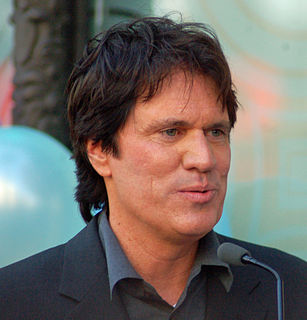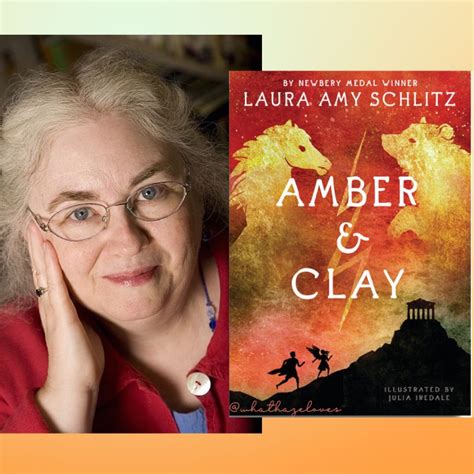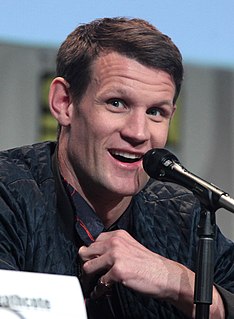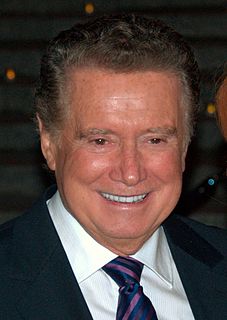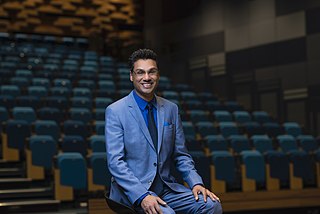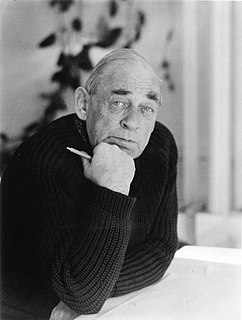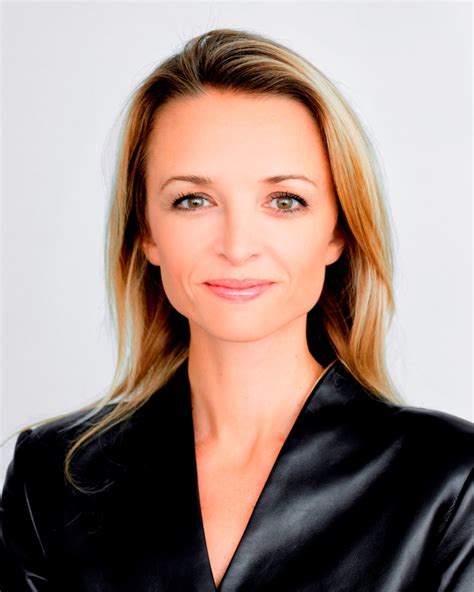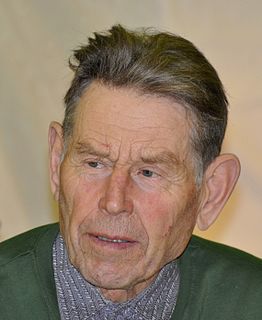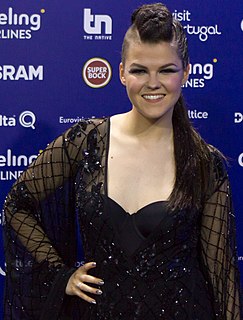A Quote by Pirjo Honkasalo
When I auditioned actors I never make them act. I choose a long symphony, then I tell them to sit down and I play the symphony for them. Then I sit and I look at them. I always pick a piece of music that has up and downs, very dramatic parts, very quiet parts and really sensitive parts so that it can produce different emotions.
Related Quotes
The whole history of these books (i.e. the Gospels) is so defective and doubtful that it seems vain to attempt minute enquiry into it: and such tricks have been played with their text, and with the texts of other books relating to them, that we have a right, from that cause, to entertain much doubt what parts of them are genuine. In the New Testament there is internal evidence that parts of it have proceeded from an extraordinary man; and that other parts are of the fabric of very inferior minds. It is as easy to separate those parts, as to pick out diamonds from dunghills.
When you are willing to shine the light of love onto the parts that you are not proud of - onto the unaccepted parts, the unloved parts, the unwanted emotions, into all the darkened corners of your soul - love will suffuse them, embrace them, until you are left as nothing but love itself. Love arises when you expose everything.
With film, I always sit with people first and talk a while, and then we read or sing or whatever. I never sit behind a table. I get up; I work with them. I do everything I possibly can to not audition them. I can find out the best of them from them feeling comfortable and appreciated. I'd never let someone leave feeling not valued.
You can't just skip the boring parts." "Of course I can skip the boring parts." "How do you know they're boring if you don't read them?" "I can tell." "Then you can't say you've read the whole play." "I think I can live a happy life, Meryl Lee, even if I don't read the boring parts of The Tragedy of Hamlet, Prince of Denmark." "Who knows?" she said. "Maybe you can't.
As an author, you think you know where the good parts and the bad parts are. And then you read to a group of children, and you learn when you're boring them, and you hurry through those sections to get to the parts where they're interested again. You start to get a sense of your story's rhythm and flow.
I liked experimenting with a lot of different styles. So, it always saddens me when I see young people, or even older people for that matter, who are limited to one specific type of music. They don't really allow themselves to experience so many types of music out there that are so wonderful to listen to. And there's good parts and bad parts, I guess, to all of them.
I would do the morning show and then just walk over to the network side of the building here at ABC in New York and sit down and start it up again and introduce the 10 contestants, and then introduce the 10 - the fastest finger question, and pick one of them, put them in the seat before you finally got to asking them the questions.





